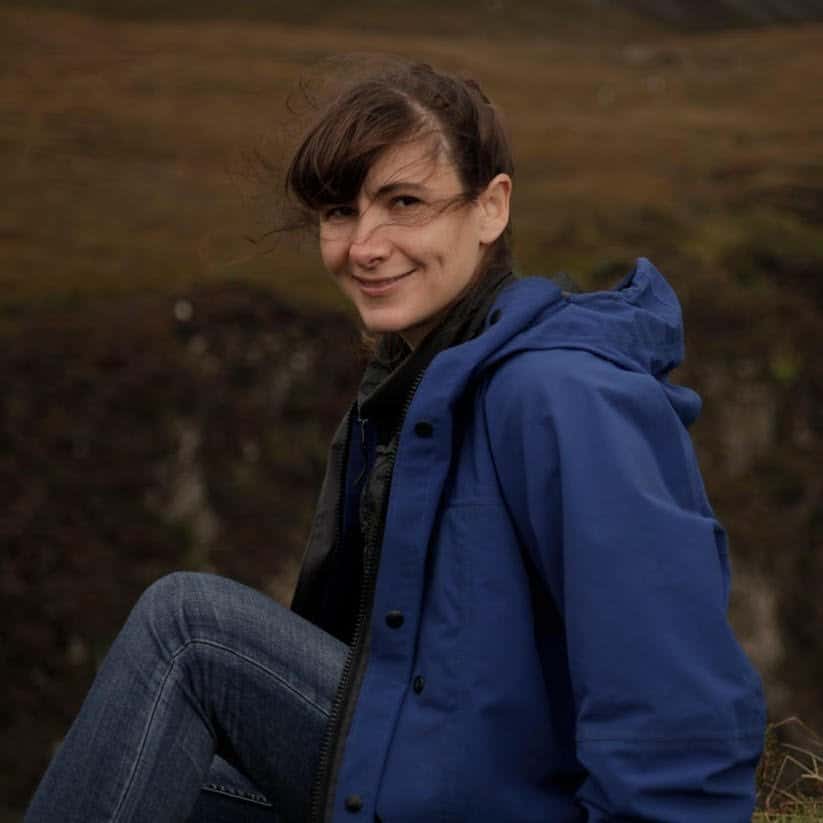
Bonnie Wintle
Field: Horizon scanning for new and emerging threats and opportunities in biological engineering
Position & Organization: Research Fellow, School of Biosciences, University of Melbourne / Research Affiliate, Centre for the Study of Existential Risk (CSER), University of Cambridge
How did you get started in this field? I was working as a postdoc at Melbourne Uni in Australia, horizon scanning for emerging threats to biodiversity. I saw that CSER were advertising for a research associate to horizon scan for extreme risks associated with new technologies, like synthetic biology and AI. I thought it would be a fascinating area, but I was not expecting to actually land the job!
What do you like about your work? There are many truly excellent minds working in this field. The daily discussions with people in CSER, and others we intersected with, were always compelling and presented new ways of thinking about the world.
What do you not like about your work? People often ask if anticipating the end of humanity is depressing. I suppose I always thought of these risks as low probability, and playing out over long time horizons. They’re still worthy of attention, because obviously the consequences are rather dire. And it’s comforting to know that people are thinking about longer term consequences, and innovating responsibly.
Do you have any advice for women who want to enter this field? I’ve found the people in this field to be incredibly supportive of women. There will be numerous opportunities to take on new challenges that will be great for your career. Prepare yourself to seize them! (If you wish).
What makes you hopeful for the future? I think the biggest issues we’re facing at the moment are environmental: Biodiversity loss and climate change. Seeing the huge turnout of school kids and young people at climate change demonstrations gives me hope for the future. The next generation of leaders and decision makers seem to be proactive and genuinely interested in addressing these problems.
